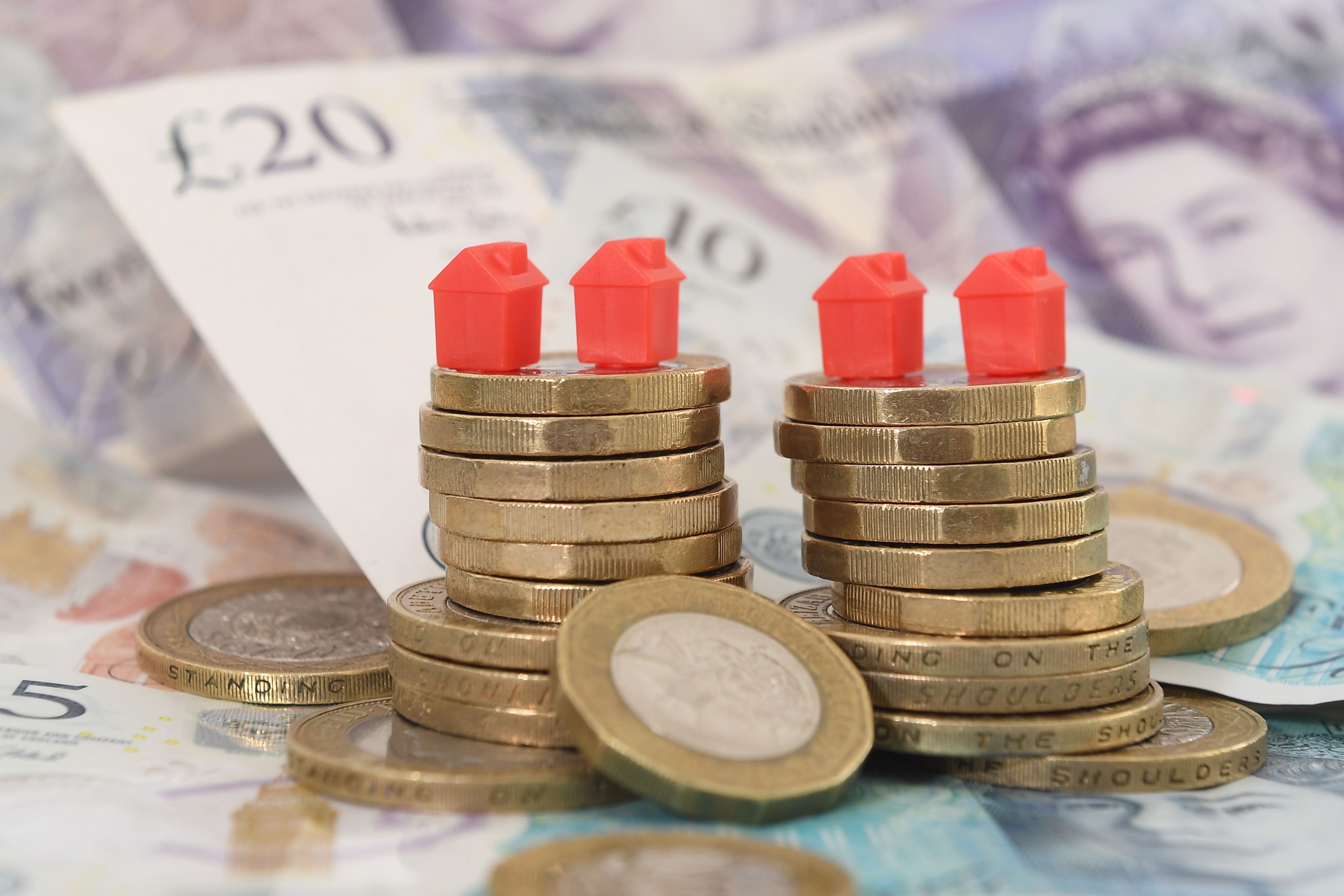How much house prices are predicted to go up by across the UK
The North West was predicted to see the highest increase

Your support helps us to tell the story
From reproductive rights to climate change to Big Tech, The Independent is on the ground when the story is developing. Whether it's investigating the financials of Elon Musk's pro-Trump PAC or producing our latest documentary, 'The A Word', which shines a light on the American women fighting for reproductive rights, we know how important it is to parse out the facts from the messaging.
At such a critical moment in US history, we need reporters on the ground. Your donation allows us to keep sending journalists to speak to both sides of the story.
The Independent is trusted by Americans across the entire political spectrum. And unlike many other quality news outlets, we choose not to lock Americans out of our reporting and analysis with paywalls. We believe quality journalism should be available to everyone, paid for by those who can afford it.
Your support makes all the difference.Forecasters have predicted that the average house price across Britain will be 23.4%, or £84,000, higher in five years.
Savills expects the typical property value to reach £442,000 by the end of the five-year period to 2029, from £358,000 currently.
The property firm expects house prices to increase by 4%, or £14,500, on average next year alone.
The predictions are based on “mainstream” house prices, covering the majority of the housing market.
Savills said the forecast is also based on second-hand property prices, and new-build prices could perform differently. The research involved using data from Oxford Economics and Nationwide Building Society.
Here are Savills’ predictions for house price increases over the next five years:
North West, 29.4%
North East, 28.2%
Yorkshire and the Humber, 28.2%
West Midlands, 26.4%
Scotland, 25.8%
Wales, 25.2%
East Midlands, 24.6%
South West, 21.6%
East of England, 19.9%
South East, 17.6%
London, 17.1%
Lucian Cook, head of residential research at Savills, said: “The direction of mortgage rates has been key to buyer decisions over the past two years, and decreased monthly mortgage costs are now feeding through into improved confidence amongst prospective buyers, prompting the moderate house price growth we have seen over the past few months.
“A steady improvement in affordability should allow for house price growth to gain momentum over the next couple of years. But there is still some potential for a bumpy ride.
“The market will remain sensitive to short-term fluctuations in the cost of debt and changes to property taxation have the potential to cause some short-term disruption.”

Emily Williams, director of research at Savills, said: “Looking ahead, we can expect some home-movers to continue to hold off on moving until rates settle in 2027, when they will have also benefited from several years of house price growth to build up equity.
“As such, there is potential for a sharp rise in activity among second- and third-steppers in the second half of our forecast period, as pent-up demand from the period of high interest rates is released.
“However, the number of first-time buyers active in the market is expected to stay below pre-pandemic levels due to a lack of any government support to replace Help to Buy, while increased regulation in the rental sector, combined with the newly-increased second home surcharge, will further dampen demand from both cash and mortgaged buy-to-let investors.”
She added: “Lower levels of homeworking and the need to return to commuter hotspots near major employment hubs has driven slightly stronger than expected performance in London over the last 12 months.
“We expect to see some residual impact of the unwinding of the ‘race for space’ in 2025, bringing growth in the South West and East of England below that of the capital.
“But beyond 2025, affordability will have the biggest influence in every region. Despite falling mortgage rates, buyers in London and the South East will still need to borrow more relative to their income, and accumulate a bigger deposit to buy, constraining house price growth.”